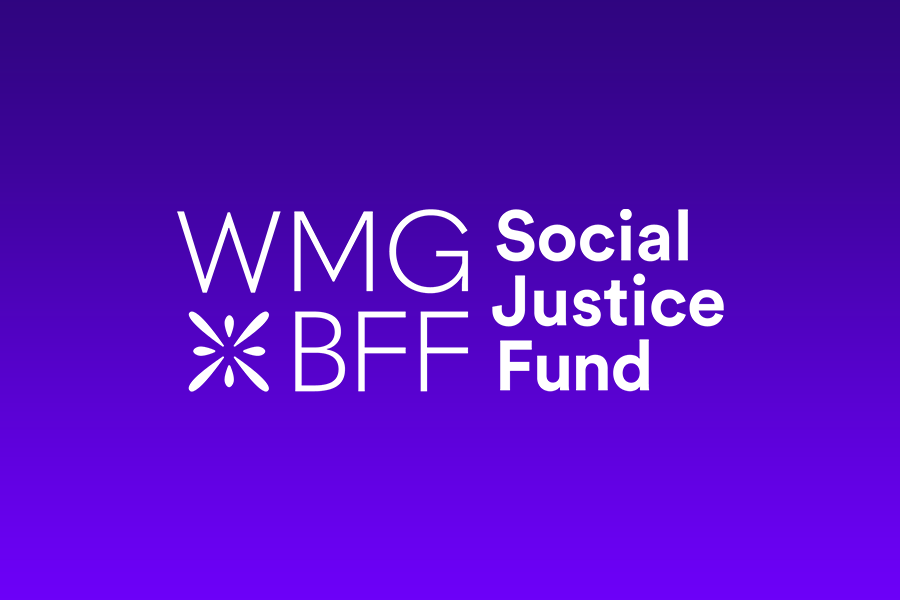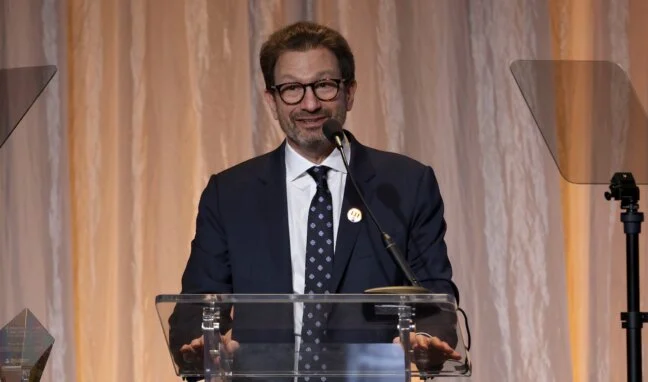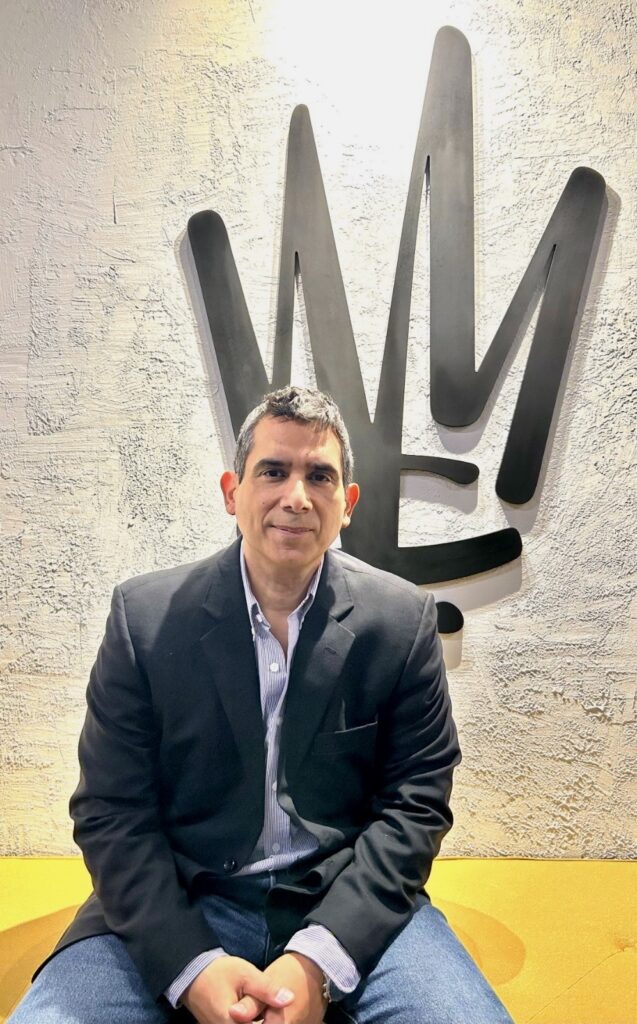How Warner Music Group Is Expanding Social Justice Worldwide
The Warner Music Group/Blavatnik Family Foundation Social Justice Fund (WMG/BFF SJF) recently unveiled a new grant-making strategy along with its six initial grantees. Upholding its ongoing mission to invest $100 million over 10 years in organizations dedicated to realizing social justice, the Fund is first benefiting Black Cultural Archives, Black Futures Lab, Florida Rights Restoration Coalition (FRRC), Howard University, REFORM Alliance and Rhythm and Blues Foundation.
Established last June in response to the deaths of George Floyd, Breonna Taylor, Ahmaud Arbery and other individuals, the WMG/BFF SJF is instituting an intentional structure and new grant-making strategy to evolve WMG’s greater Diversity, Equity and Inclusion (DEI) efforts. By disbursing funding to organizations dedicated to furthering the advancement of Black populations around the globe, the effort is also acknowledging systemic racism and illuminating the contributions that Black culture has made to the profitability of today’s music industry.
“The Fund intends for our strategic investments to make an impact on dismantling structural racism and advancing justice and equity for all people,” says Fund Advisory Board member and EVP and Head of Business and Legal Affairs at Warner Records Julian K. Petty. “One of our key pillars is cultural and performing arts, and we believe our investments in this area will achieve our broader goals while impacting the music industry as well.”
Petty points to the $4.9 million grant that will be given over five years for Howard University to support the launch of a new music business center for its School of Business to include curriculum development, internship opportunities, executive-in-residence and certification programs along with a new recording studio. He says that the grant, a first-of-its-kind at any Historically Black College or University, will create an eventual pipeline of Black music executives to address the lack of representation at the top of music companies across the industry.
And as more organizations implement DEI strategies to improve recruitment, hiring and retention, he expects to see a meaningful improvement in the representation of people of color in the music industry that mirrors the make-up of the creators that drive the business.
“This investment from (WMG/BFF SJF) will enable Howard students with an interest in music and entertainment to see themselves in roles behind the stage and beyond the studio,” says Howard University School of Business Dean Anthony D. Wilbon. “Howard University is home to several successful artists and executives, so many of our students are attracted to the possibility of a future in the music industry.”
The Fund’s grant-making strategy related to cultural and performing arts is also promoting narrative change about the Black experience. Fund Advisory Board member and Director of Gender, Racial and Ethnic Justice at the Ford Foundation, Tanya Coke, says that promoting narrative change about the Black experience means elevating the profile of the rich artistry, organizing and contributions of Black people as well as uplifting the contributions of Black artists who have been overlooked or marginalized, including by the music industry.
“These organizations are using the visual and performing arts to demonstrate the beauty and the power of the African diaspora,” Coke says. “A great example of this is our grant to the Black Cultural Archives, an organization based in London that is dedicated to preserving and celebrating the histories of people of African and Caribbean descent in the UK … our grant will help them create a film archive that will document the Black Lives Matter activism that spread across the UK and Europe in the summer of 2020.”
Temi Adeniji, senior vice president of International and Global Commercial Strategy Operations at WMG, has been working with teams to refine the grant-making strategy around three key pillars–education, criminal justice and cultural and performing arts–to promote change in the lives of historically underserved and marginalized populations, specifically Black communities.
Last year WMG announced external partnerships with the Recording Academy, Sony Music Group and Universal Music Group to drive necessary change in music for all underrepresented communities. Now the new Rhythm and Blues Foundation grant will directly provide financial and medical assistance to legacy R&B artists facing economic challenges caused by the coronavirus pandemic. Still, the music industry has more collective work to do, according to Maurice Stinnett, Fund Advisory Board member and Global Head of Equity, Diversity and Inclusion at WMG.
“This work is still in its infancy, and it will take some time and a united effort by all to bring about long overdue change in music for underrepresented communities,” Stinnett says. “We believe it has to be an industry-wide effort in order to truly accelerate progress on representation, equity and meaningful engagement with Black people and communities.”
Stinnett is working with teams around the world to identify actionable policies for enhancing diversity and equity across all levels of business. Specific efforts include a company-wide Global Equity and Inclusion Commitment to identify diversity, equity, and inclusion shortfalls and set new, reachable goals with actionable steps. His team also recently conducted its first Global Inclusion Survey to enhance and guide WMG’s commitments.
The WMG/BFF SJF is one expression of Warner Music Group’s ongoing diversity, equity, inclusion and belonging efforts, which include the creation of a Global Diversity, Equity, and Inclusion Council, employee resource groups, and a DEI team led by Stinnett, who will meet with each grantee and other key WMG executives to explore additional partnership opportunities. The Board plans to announce grant recipients twice each year with its second announcement expected this fall.



